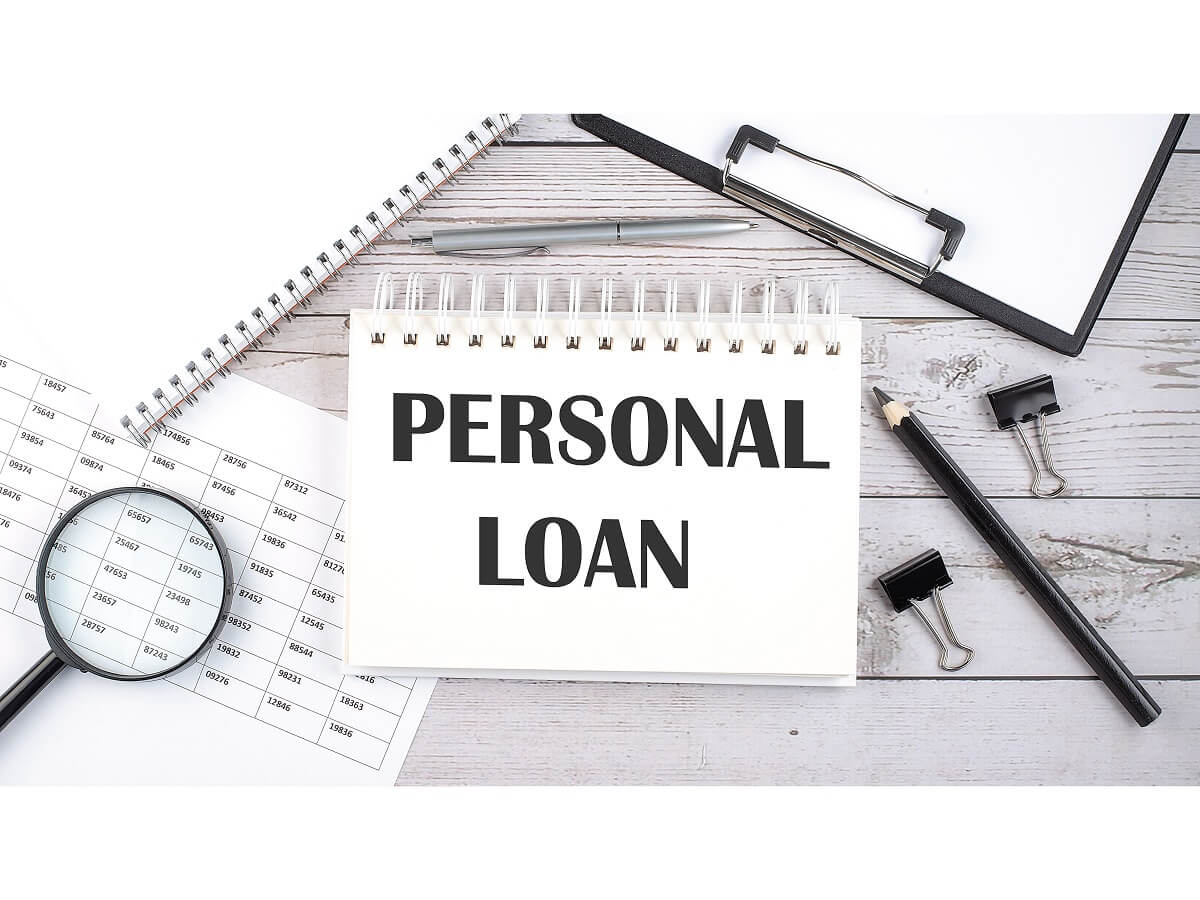Are you struggling to keep track of multiple loan EMIs? If so, it's time to consider consolidating your debts with a single personal loan.
This blog post will guide you through consolidating your debts with a personal loan. We'll explain what debt consolidation is, highlight its benefits, and how to apply for a personal loan for debt consolidation. Let's get started!
What is debt consolidation?
Debt consolidation is taking out a new loan to pay off multiple existing loans or debts. Instead of juggling various EMIs and due dates, you can streamline your repayments by combining them into a single monthly instalment.
When considering debt consolidation, many people apply for personal loans due to their versatility and lower interest rates than credit cards or other high-cost debt instruments. Personal loans offer fixed interest rates and structured repayment terms that make it easier to plan your budget.
Benefits of debt consolidation
There are several advantages of consolidating your debts into a personal loan:
1. Single EMI vs multiple EMIs
With multiple loans, tracking different EMIs can be overwhelming and increase the chances of missing payments. By consolidating your debts into one personal loan, you only need to remember a single personal loan EMI date.
2. Lower interest rates
Credit cards often charge higher interest rates compared to personal loans. By consolidating your credit card debt with a personal loan, you can save money on interest payments.
3. Quicker debt pay-off
Personal loan EMIs are fixed and repayment tenures ranging from 1 to 5 years. This structured approach lets you plan your finances better and pay off your debt faster aided by a lower personal loan interest rate.
Applying for a debt consolidation loan
Now that we understand the benefits of consolidation, let's look at how you can apply for a debt consolidation loan:
Assess your debts
List all your outstanding loans, including credit card balances, personal loans, and any other debts. Take note of the interest rates and monthly EMIs for each debt.
Check your eligibility
Research different financial institutions or lenders that offer debt consolidation loans.
Check their eligibility criteria, such as income requirements, credit score threshold, and documentation needed.
Compare loan options
Use an online loan comparison tool to compare interest rates, loan amounts, and repayment tenures offered by different lenders. Consider processing fees, prepayment charges, and customer reviews when choosing the right lender.
Gather required documents
Prepare the necessary documents for your loan application. These may include identity proof, address proof, income proof (salary slips or bank statements), and bank account statements.
Submit your application
Apply for the debt consolidation loan through the lender's website or visit their branch in person. Fill out the application form accurately and attach all the required documents. Wait for the lender to process your application and provide an approval decision.To estimate your monthly repayments before applying, consider using a personal loan EMI calculator. This can help you budget effectively and ensure that the loan is manageable within your financial means.
Managing your finances after debt consolidation
Debt consolidation is just one step towards financial stability. To make the most of this opportunity, you need to adopt good financial habits; these are:
1. Creating a budget
Develop a comprehensive budget that outlines your income, expenses, and debt repayments.
2. Avoiding new debts
After consolidating your debts, refrain from taking on new loans or accumulating additional credit card debt.
3. Building an emergency fund
Set aside some money monthly into an emergency fund to handle unexpected expenses.
Conclusion
Consolidating your debts with a single personal loan EMI can simplify your financial life and save you money. By applying for a debt consolidation loan, you can streamline your repayments, benefit from lower interest rates, and pay off your debts faster.
Remember, debt consolidation is not a magic solution but a tool to help you regain control over your finances. It requires discipline, budgeting, and responsible financial behaviour. Mahindra Finance offers attractive personal loan options for debt consolidation that can assist you in achieving your financial goals. Take the first step towards financial freedom by exploring the offerings from Mahindra Finance!
FAQs
Q1: Can I apply for a personal loan online?
Yes, most lenders allow you to apply for personal loans online through their websites or mobile apps.
Q2: Will consolidating my debts affect my credit score?
Debt consolidation itself does not directly impact your credit score. However, it can indirectly improve your score by reducing the risk of missed payments and lowering credit utilization ratios.
Q3: Is it possible to include secured loans in debt consolidation?
Yes, debt consolidation allows you to include both secured (such as home loans or car loans) and unsecured loans (such as personal loans or credit card debt).
Q4. Can I get a debt consolidation loan with bad credit?
While having a good credit score increases your chances of getting approved for a debt consolidation loan, some lenders offer loans specifically designed for individuals with less-than-perfect credit.
Q5. Is it possible to change my loan EMI amount after availing of the loan?
Some lenders offer the flexibility to change your EMI amount after availing a personal loan.






















































